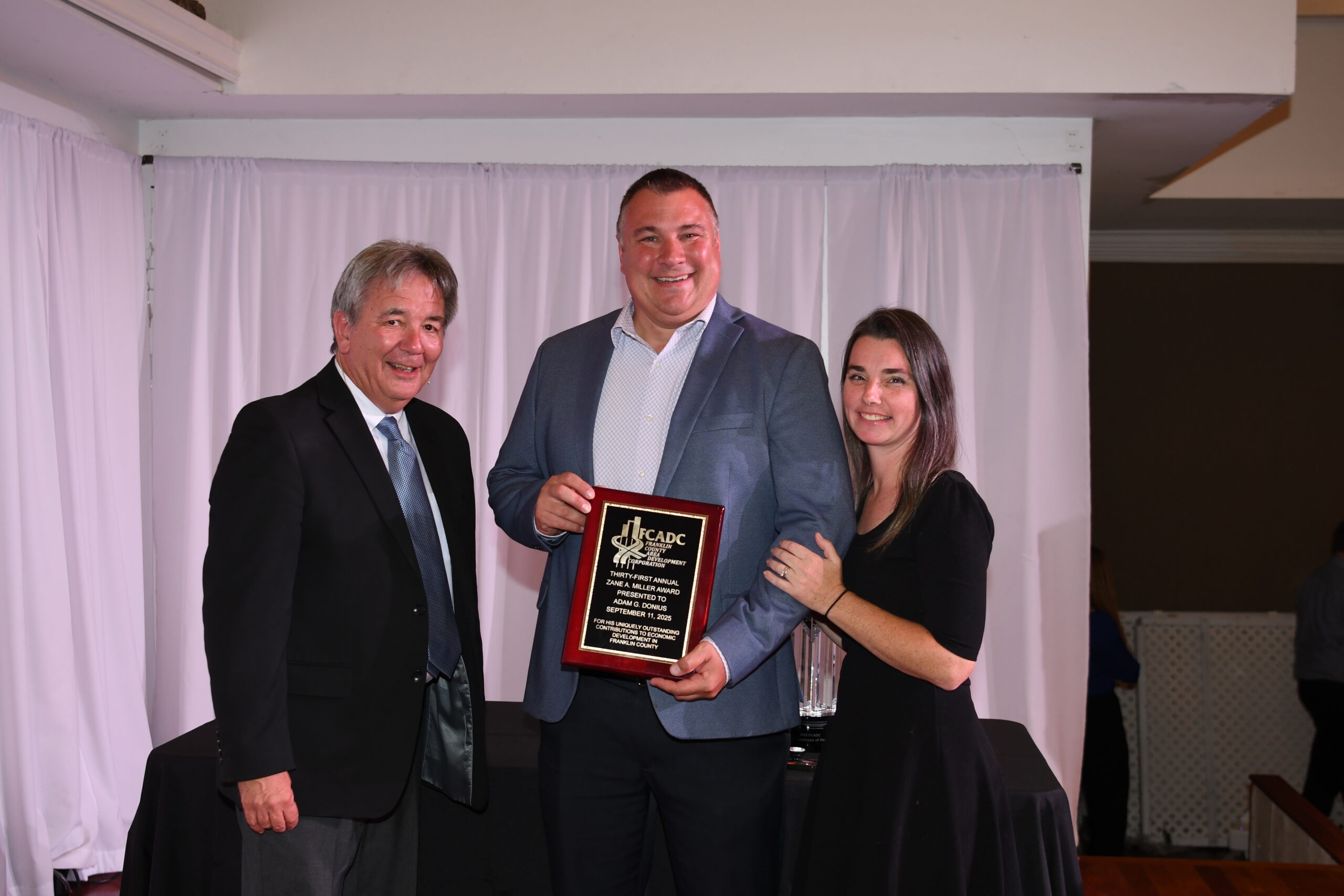For years, Penn State’s Board of Governors has invoked the same refrain to justify difficult choices: “declining enrollment” and “financial constraints.” Those phrases became the banner under which the University announced the closure of seven of its Commonwealth Campuses, each with its own legacy of service and impact in its community.
Yet somehow, fiscal austerity seems to vanish when the topic turns to football.
This same Board recently approved a multimillion-dollar buyout for head football coach James Franklin, even as it cited a lack of funds for academic programs and regional campuses. Add to that a $700 million renovation of Beaver Stadium and a lucrative new partnership with Adidas, and the contradictions become impossible to ignore. To many Pennsylvanians—particularly those tied to the seven shuttered campuses—the message is clear: when it comes to funding priorities, athletics dominate while academics are left on the sidelines.
A Failure of Analysis and Transparency
What’s equally troubling is how little due diligence preceded the decision to close these campuses. For a university that proudly grants degrees in community and economic development, the absence of a formal community impact analysis is inexplicable. Such an assessment should have been the foundation for any decision of this magnitude—examining not only enrollment data but also the regional economic, educational, and workforce implications.
Even now, the University has not provided the basic information needed to explore new uses for the campuses—details such as acreage, infrastructure, building inventory, subdivision potential, or deed restrictions. Local leaders and stakeholders stand ready to reimagine these properties, but they cannot begin without access to the most fundamental facts.
Mont Alto’s Enduring Value
Here in Franklin County, Penn State Mont Alto has been—and will remain—a vital community asset. The Franklin County Area Development Corporation, along with partners across education, health care, and child services, is committed to ensuring that the campus continues to serve the region. Whether through allied health training, forestry education, technical instruction, or the creation of a therapeutic center for children with special needs, Mont Alto’s legacy of service can and should continue.
A Call for Accountability
Penn State’s leadership must reconcile its rhetoric of fiscal restraint with its actions. Investing hundreds of millions in athletics while disinvesting in education is not just a budgeting choice—it’s a statement of values. Universities exist to advance learning, opportunity, and community well-being. When those priorities are subordinated to sports and spectacle, something fundamental has gone wrong.
I expressed my concerns long before the closures were finalized, urging Penn State to reconsider its course. For those interested, my earlier letter in support of retaining the Mont Alto campus is available on the FCADC website at www.fcadc.com.
Penn State’s motto is “Making Life Better.” For countless Pennsylvanians, especially in communities served by its regional campuses, that promise now rings hollow.
Michael Ross
President
Franklin County Area Development Corporation
1900 Wayne Road
Chambersburg, PA 17202
717-263-8282


